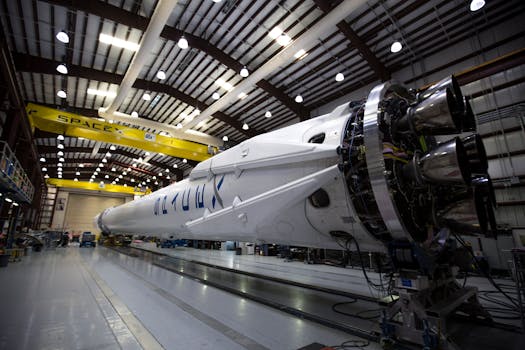The Future of Satellites: Revolutionizing Global Connectivity
The future of satellites is poised to revolutionize global connectivity, enabling faster and more reliable communication networks. With the increasing demand for high-speed internet and mobile connectivity, satellites are playing a crucial role in bridging the digital divide. In this article, we will explore the future of satellites and their impact on global connectivity.
According to recent research, the global satellite market is expected to grow significantly in the next few years, driven by the increasing demand for satellite-based services such as broadband internet, navigation, and remote sensing. The development of new satellite technologies such as low-Earth orbit (LEO) satellites and high-throughput satellites (HTS) is also expected to drive growth in the market.
Advances in Satellite Technology
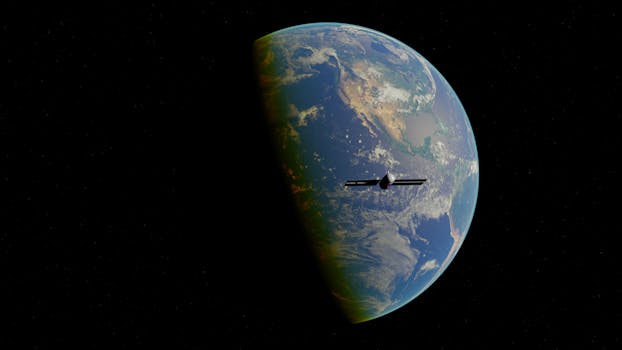
One of the key drivers of the future of satellites is the advancement in satellite technology. The development of LEO satellites, for example, has enabled the provision of high-speed internet services to remote and underserved areas. LEO satellites are smaller and less expensive than traditional geostationary satellites, making them an attractive option for companies looking to provide satellite-based services. HTS, on the other hand, offer higher bandwidth and faster data transfer rates, making them ideal for applications such as video streaming and online gaming.
Another area of advancement in satellite technology is the development of satellite constellations. A satellite constellation is a group of satellites that work together to provide global coverage. Companies such as SpaceX and OneWeb are developing satellite constellations to provide high-speed internet services to remote and underserved areas. These constellations are expected to revolutionize the way we communicate, enabling faster and more reliable communication networks.
Impact on Global Connectivity
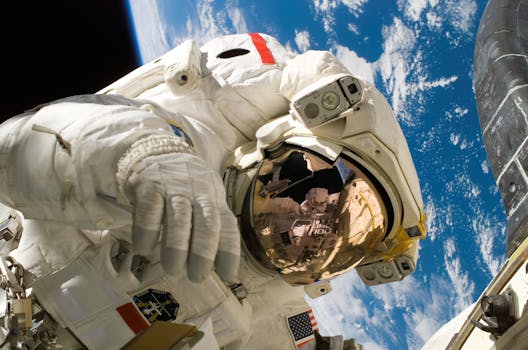
The future of satellites is expected to have a significant impact on global connectivity. With the increasing demand for high-speed internet and mobile connectivity, satellites are playing a crucial role in bridging the digital divide. Satellites are enabling the provision of high-speed internet services to remote and underserved areas, connecting people and communities that were previously unconnected.
The impact of satellites on global connectivity is not limited to internet services. Satellites are also being used for navigation, remote sensing, and weather forecasting. The development of satellite-based navigation systems such as GPS and Galileo is enabling more accurate and reliable navigation, while satellite-based remote sensing is enabling the monitoring of climate change and natural disasters.
Challenges and Opportunities
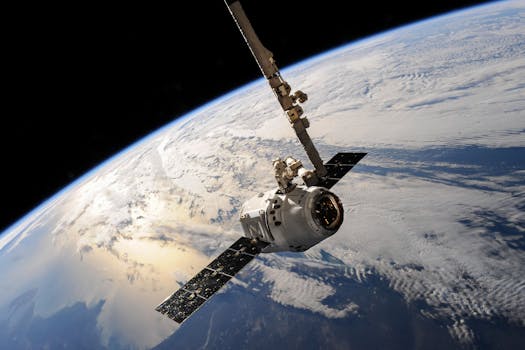
While the future of satellites is promising, there are also challenges that need to be addressed. One of the key challenges is the issue of space debris. With the increasing number of satellites being launched into space, there is a growing concern about the impact of space debris on the environment. Space debris can cause collisions with operational satellites, leading to significant damage and disruption to communication networks.
Another challenge is the issue of regulation. The regulation of satellite services is a complex issue, with different countries having different regulatory frameworks. There is a need for international cooperation and harmonization of regulatory frameworks to enable the provision of satellite-based services.
Despite these challenges, the future of satellites offers significant opportunities for growth and development. The development of new satellite technologies and services is expected to drive innovation and entrepreneurship, creating new jobs and opportunities for economic growth.
Conclusion
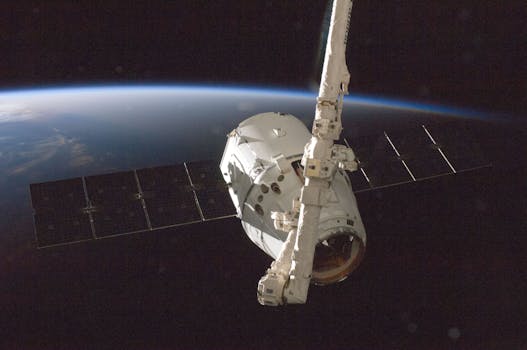
In conclusion, the future of satellites is poised to revolutionize global connectivity, enabling faster and more reliable communication networks. With the advancement in satellite technology and the development of new satellite services, satellites are playing a crucial role in bridging the digital divide. While there are challenges that need to be addressed, the opportunities offered by the future of satellites are significant, and it is expected to drive growth and development in the years to come.
See more:
